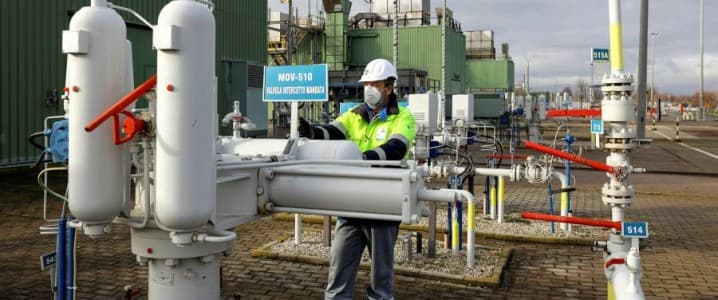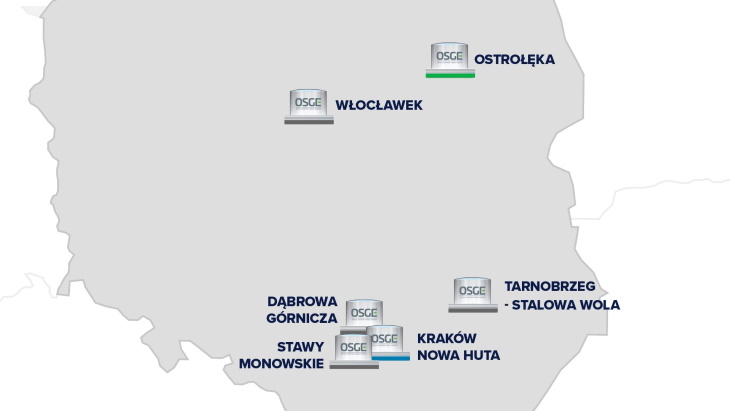
Europe’s benchmark gas prices at the Dutch TTF hub increased by 2% to $215.50 (211.35 euro) per megawatt-hour in the morning in Amsterdam, per Bloomberg’s estimates.
As most of Europe is baking in a heatwave, demand for power generation is growing, and so are natural gas prices. The move higher was also driven by disruption to the supply of coal and petroleum on the Rhine River—a key waterway for barge transportation. The water levels on the Rhine River are expected to sink below the level of navigability. Some of the goods transportation have to be rerouted through rail transport, which could create further difficulties for Europe to procure coal and fuels.
The low water levels on the Rhine have already affected coal supply and contributed to record-high year-ahead power prices in Germany. This summer, the low water levels on the Rhine have already caused logistics issues with coal in Germany. Power plants in Germany are finding it increasingly difficult to source coal amid an energy crisis that is spiraling out of control as falling water levels on the Rhine River add to supply challenges caused by the war in Ukraine.
Higher demand for gas these days could slow the build of gas stocks in EU storage sites. Europe looks to conserve as much gas as possible, but the low water levels on the Rhine could create additional difficulties in moving petroleum and coal products, thus potentially increasing the demand for gas for power generation.
Meanwhile, natural gas flows from Russia remained steady at 14.5 million kWh/h early on Monday, unchanged from the past 24 hours, per operator data. On early Friday afternoon in Europe, physical gas flows on the Nord Stream pipeline from Russia to Germany had dropped to 13 million kWh/h, data from Nord Stream showed at the end of last week.







